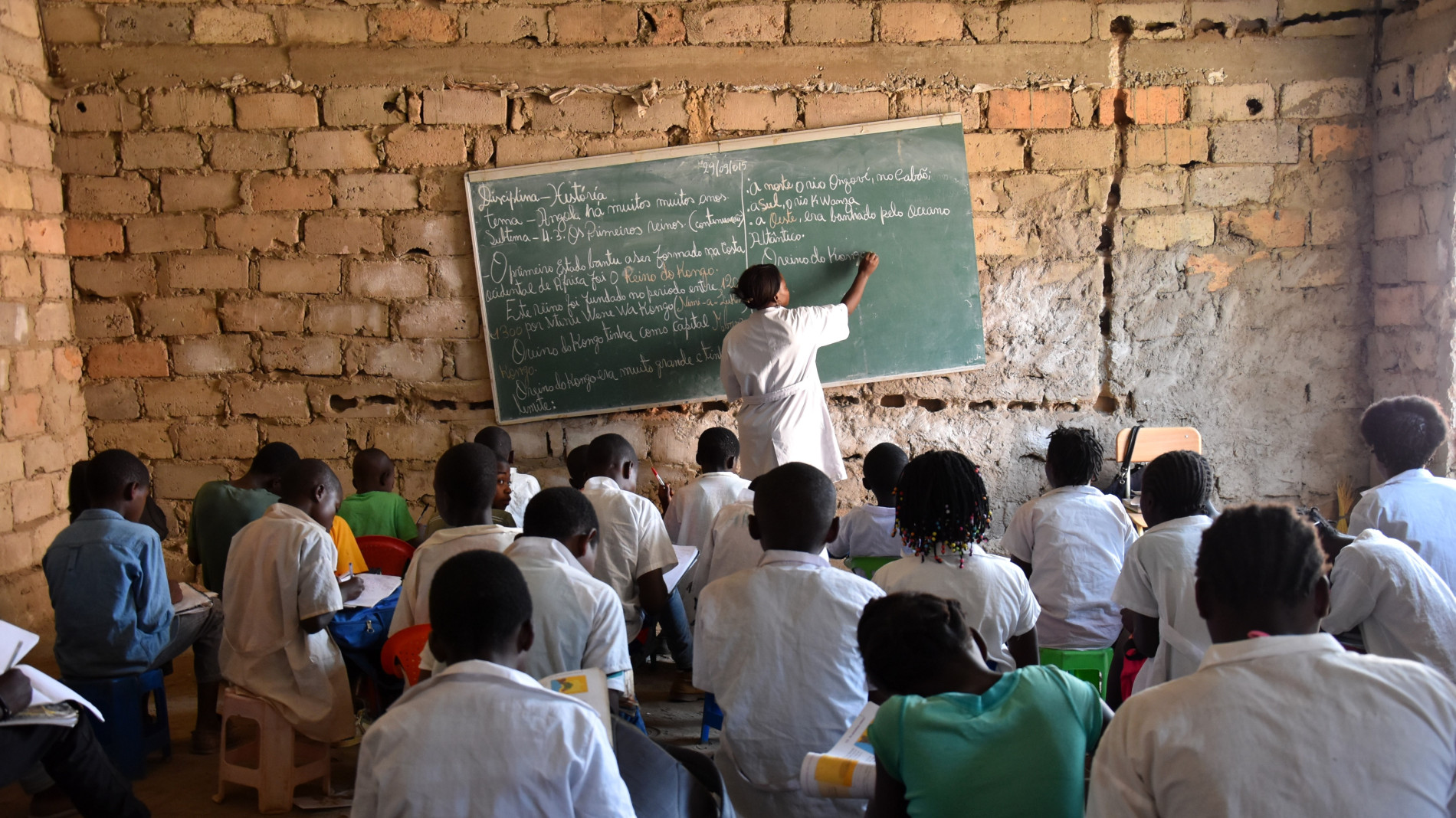
Angola
In Angola, we develop action plans to support the local government in reducing cases of malnutrition. We help farmers increase their knowledge of agricultural methods to improve production, market access, income, and nutritional awareness. We also provide access to drinking water, build latrines, improve hygiene and sanitation, and educate young people by introducing the One World in Schools methodology.
Our team works in the central provinces of Bié and Huambo, which were seriously affected by the war. We also work in the provinces of Huíla and Namibe, which are facing droughts, and in the economically disadvantaged suburbs of the capital, Luanda. We have worked to support livelihoods by improving agricultural methods as a reaction to climate change and providing access to drinking water and adequate sanitation. We have helped thousands of children fight malnutrition through preventative programmes and working with health centres. Thanks to our projects, people have built their own latrines using local materials.
Together with local associations and civil society organisations, we have provided information and services to young people, offered educational programmes to schools, and supported the activities of local associations that identify problems in their area.
Our help in Angola since 2006
We have been working in Angola since 2006 when we developed our first education projects. In the following years, we carried out additional projects related to agriculture, water, sanitation and hygiene, community health and nutrition, gender and civil society, child protection and human rights.
As one of the provinces most affected by the armed conflict, Bié was the first Angolan region in which we worked. Because of the positive results, we extended our operations to other provinces such as Huambo, Huíla and Luanda, Uíge, Moxico, and Kwanza Sul. We also worked in Lunda Norte, where we were part of the humanitarian aid efforts for refugees from the Democratic Republic of Congo.
Angola is facing the harsh impacts of decades of civil war, which has left infrastructure damaged and more than half of its inhabitants living below the poverty line. Angola also faces climate change impacts, such as extreme weather conditions that hit the most disadvantaged parts of the population the hardest.






